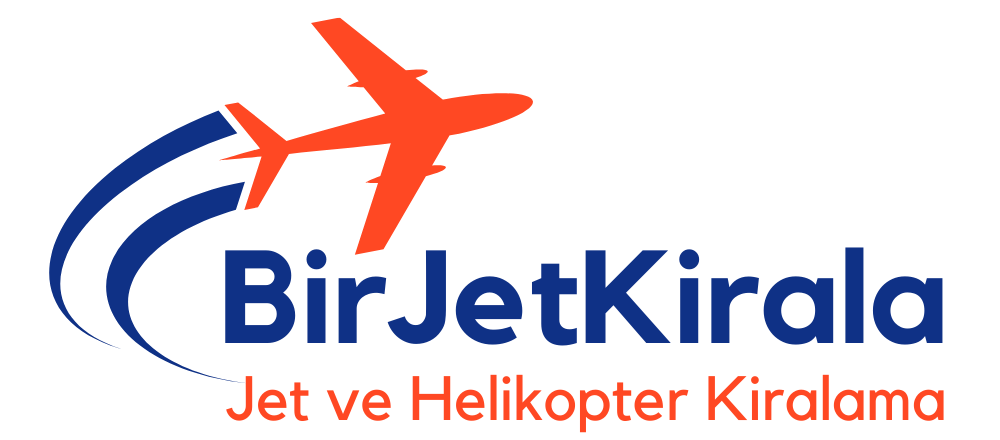- Global Shifts Underway: Examining the Forces Reshaping Economies and Today’s news Landscape for Tomorrow’s Growth.
- The Rise of Emerging Markets
- Impact on Global Supply Chains
- Technological Disruption and Automation
- The Future of Work
- Geopolitical Risks and Uncertainties
- The Shifting Energy Landscape
- The Impact of Consumer Behavior
- The Rise of Conscious Consumerism
- The Evolving Information Ecosystem
Global Shifts Underway: Examining the Forces Reshaping Economies and Today’s news Landscape for Tomorrow’s Growth.
In an era defined by rapid technological advancements, geopolitical shifts, and evolving consumer behaviors, understanding today’s news and its implications is more critical than ever. The global landscape is undergoing a profound transformation, presenting both challenges and opportunities for individuals, businesses, and governments alike. Accurately assessing these shifts is vital for navigating the complexities of the 21st century and fostering sustainable growth. This article delves into the key forces reshaping economies and the information ecosystem, providing insights for a future-oriented perspective.
The Rise of Emerging Markets
The economic power dynamic is demonstrably shifting, with emerging markets increasingly playing a central role in the global economy. Countries like India, Indonesia, and Brazil are experiencing significant growth, fueled by expanding middle classes, technological innovation, and favorable demographic trends. This shift challenges the traditional dominance of established economic powers, leading to a more multi-polar world order. Understanding these dynamics is crucial for businesses seeking expansion opportunities and investors aiming for higher returns.
Impact on Global Supply Chains
The rise of emerging markets isn’t just about economic growth; it profoundly impacts global supply chains. Companies are increasingly diversifying their sourcing and manufacturing operations, seeking cost advantages and reducing reliance on single suppliers. This is leading to a more resilient but also more complex global supply chain network, that frequently encounters disruptions. A more geographically diversified strategy means organizations need to anticipate and mitigate risks associated with political instability, natural disasters, and other unforeseen events. Furthermore, we see an increase in regional trade agreements reflecting this shift.
| India | 7.2% | IT Services, Pharmaceuticals, Manufacturing |
| Indonesia | 5.1% | Commodities, Manufacturing, Tourism |
| Brazil | 2.5% | Agriculture, Mining, Manufacturing |
Technological Disruption and Automation
Technological advancements, particularly in areas like artificial intelligence, automation, and renewable energy, are disrupting industries across the board. These advancements promise increased productivity, cost savings, and new revenue streams, but also pose significant challenges for workers and policymakers. Adapting to the changing nature of work and investing in education and training are crucial for ensuring a smooth transition.
The Future of Work
The automation of routine tasks has sparked concerns about job displacement, but it also creates opportunities for new, higher-skilled roles. The future of work will likely involve a greater emphasis on creativity, critical thinking, and problem-solving skills. Lifelong learning and upskilling will be essential for individuals to remain competitive in the evolving job market. Furthermore, the gig economy and remote work arrangements are becoming increasingly prevalent, reshaping traditional employment models. Investing in digital infrastructure and digital literacy is paramount.
Geopolitical Risks and Uncertainties
Geopolitical tensions, trade wars, and political instability create significant risks for the global economy. Conflicts, sanctions, and protectionist measures can disrupt supply chains, reduce investment, and slow economic growth. Navigating this uncertain environment requires careful risk assessment and scenario planning. Proactive diplomacy and international cooperation are essential for mitigating these risks.
The Shifting Energy Landscape
The transition to a more sustainable energy future is underway, driven by concerns about climate change and the depletion of fossil fuels. Renewable energy sources, such as solar and wind power, are becoming increasingly cost-competitive and are attracting significant investment. This shift is creating new opportunities in the green technology sector but also posing challenges for traditional energy companies.
- Investing in renewable infrastructure
- Developing energy storage solutions
- Promoting energy efficiency measures
- Supporting research and development
The Impact of Consumer Behavior
Consumer preferences are constantly evolving, driven by factors like changing demographics, technological advancements, and social trends. Businesses must adapt to these changes by offering personalized products and services, embracing digital marketing, and prioritizing customer experience.
The Rise of Conscious Consumerism
Consumers are increasingly seeking out brands that align with their values, demonstrating a growing preference for sustainability, ethical sourcing, and social responsibility. This trend, known as conscious consumerism, is prompting businesses to adopt more sustainable practices and improve their corporate social responsibility initiatives. Companies that prioritize purpose alongside profit are likely to resonate better with today’s consumers. There is an increasing focus on transparency related to manufacturing and supply chains too.
| Sustainability | Demand for eco-friendly products | Use of recycled materials |
| Personalization | Need for customized offerings | Targeted advertising |
| Digital Engagement | Importance of online presence | Social media marketing |
The Evolving Information Ecosystem
The proliferation of social media and online platforms has transformed the way people access and consume information. This has created both opportunities and challenges for individuals, businesses, and governments. Ensuring the accuracy and reliability of information is crucial for maintaining public trust and promoting informed decision-making.
- Combating misinformation and fake news
- Promoting media literacy
- Supporting independent journalism
- Enhancing transparency in online advertising
| Reputable News Organizations | 4-5 | Potential for editorial slant |
| Social Media | 1-3 | High potential for misinformation |
| Government Reports | 3-4 | Potential for political spin |
Navigating the complexities of economic shifts, technological disruption, and geopolitical uncertainties requires a proactive and adaptive approach. Continuous monitoring of emerging trends, a commitment to innovation, and a willingness to embrace change are essential for success in today’s dynamic environment. Forward-thinking leaders and organizations will be well-positioned to capitalize on the opportunities and mitigate the risks that lie ahead, fostering sustainable growth and prosperity for all.

